By Amulyaa Dwivedi
When Obaid Ullah first walked onto Toronto Metropolitan University’s (TMU)—then Ryerson University’s—campus in 2013 as a fresh-faced, 19-year-old mechanical engineering student, he carried more than just books—he also carried a love for cricket that shaped his childhood. But in the heart of downtown Toronto, that passion felt a little out of place. Cricket didn’t have a strong presence in Canadian universities then—certainly not at TMU.
Yet, Ullah saw something that others didn’t. Scattered around campus were people just like him—students who grew up with the sport, whose hands itched to grip a cricket bat or ball.
“I would see people playing here and there, but nothing organized,” he recalled. “And I thought, ‘Why not bring everyone together?’”
That thought sparked what would soon grow into a community legacy: the TMU cricket club.
On Sept. 26, 2024, the TMU men’s cricket team celebrated a significant milestone—winning the TD Men’s National Championship, hosted by Canadian College University Cricket (CCUC).
Their victory against Algonquin College in the grand finale was a testament to the teamwork and perseverance that define this year’s group of players. They scored 192 runs in the allotted 20 overs, instilling a strong sense of confidence in their ability to defend that total. They succeeded in doing just that, bowling out Algonquin for only 85 runs.
But that victory was a long time coming. TMU were national champions in 2018 but following the COVID-19 pandemic, the club has had to build itself up again.
Ullah, now the coach and supervisor of the TMU cricket club, began his journey in 2013 with a casual group of cricket enthusiasts. He then started to learn the different procedures to get registered as a club, which allowed him and his team to perform in the American College Cricket tournament in Florida.
“We basically had a group of people that were playing cricket, but we weren’t formally registered as a club,” said Ullah. “Fortunately, we officially registered in 2014, allowing us to compete in events across Canada and the US.”
TMU’s cricket team now consists of 14 dedicated members, though the club operates as an open entity and welcomes anyone interested in playing the sport.
The TMU cricket club quickly became a space for students to unite through cricket, offering both competitive and recreational opportunities. To foster this community, the team hosts drop-in sessions every Wednesday from 10 a.m. to noon in the Kerr Hall Upper Gym, providing a casual environment for students to practice and enjoy the game together. For them, cricket is more than just a game—it’s about building friendships and supporting one another.
“We understood that many came to university primarily for education,” Ullah explained. “Cricket isn’t a professional career path in Canada but we wanted to create a sense of identity, belonging and friendship among students.”
“It takes three years of losses to build a championship team”
Ahsan Sajjad, a fourth-year accounting and finance student and the team’s captain emphasized the growth of cricket in Toronto. In July, city officials said cricket was the fastest-growing sport in Toronto with more fields planned, as reported by the CBC.
“Cricket is growing rapidly in Toronto and the [Greater Toronto Area], especially in places like Brampton, Mississauga and Markham. We want to demonstrate our capabilities as a university team and contribute positively to our community,” he said.
Ullah emphasized the significance of the program, sharing that when he initially took on the coaching role in 2022 after the COVID-19 pandemic, he viewed it only as a temporary commitment. The club quickly assembled a team for the 2022 national championship, managing to attract players within a tight two-week window.
Although they narrowly lost in the finals, the team’s strong bond filled Ullah with pride. Over the years, he has witnessed a remarkable growth in talent. Since the club’s creation in 2013, younger players from competitive youth leagues have increasingly joined, resulting in a deeper pool of skilled athletes at TMU.
Alongside diverse academic programs, students from cricket-loving families have been drawn to TMU for the sport. Angad Bhatia, who was named best player of the tournament by the CCUC this year, transferred from the University of Western Ontario for the cricket program in 2022. Graduating this year, he has played in American minor leagues, showcasing the talent nurtured within the club. Many students, such as international students Richard Perkins from Barbados and Mushfique Ahmed from Bangladesh, have chosen TMU for its cricket offerings over the years.
Ullah pointed out that one of the key arguments for promoting cricket in Canadian institutions is the influx of international students from nations where cricket is popular. For these students, cricket allows them “to feel at home in Canada.” Ullah highlighted that elevating the sport’s status and nurturing cricket requires collaboration and leadership from both students and university faculty.
“Without our passion, we wouldn’t have come this far”
This year marked the third season that the core team remained together, resulting in a hard-earned victory. Narrow margins and setbacks kept the team from the finals—a single dropped catch or a subpar performance in past years became motivation.
“Players like [Hrishik Mehta] have put in relentless effort, training both in the gym and on the field to elevate their game,” said Ullah. “It takes three years of losses to build a championship team.”
In Sajjad’s first year on the team, they lost in the final to Algonquin. Now, he reflects on a different result and feeling after winning against the same team.
“The most memorable moment was the sheer joy of winning,” he said. “It felt special to win and celebrate together—it was redemption.”
For Mehta, a final-year business technology management student and a fast bowling all-rounder on the team, the victory came with the opportunity to revindicate himself.
“In that game, I caught two crucial catches, which felt like redemption from the previous year when I dropped two against the same team,” he said.
Sajjad and Mehta’s feelings are emblematic of Ullah’s doctrine that “winners are made through their mental commitment and grit.” Ullah’s approach is straightforward: everyone must maintain a positive mindset at all times, back each other up, and foster a belief in their ability to win. He underscored the importance of facing challenges together and cultivating a united front in the face of adversity.
“When [in] one moment someone may not perform in a game, another person needs to back them up,” said Ullah.
With cricket infrastructure in Canadian university circles still growing—the CCUC’s first tournament being hosted in 2015—clubs do not receive a lot of funding. The players chip in beyond the funding from the school for tournament registration fees, bats, balls and tapes for indoor and outdoor play.
“Support from the university management would help relieve financial concerns, allowing us to focus on playing the sport we love,” said Sajjad.
Ullah expressed that there needs to be a greater educational understanding from the administration regarding the sport and encourages a top-down strategy. He suggested appointing someone—even on a part-time or consulting basis—to focus on developing the cricket program. This initiative wouldn’t necessitate substantial resources but rather some dedicated attention and recognition of the club’s value.
Despite facing financial challenges, the team remains committed to their passion for cricket. Mehta remains confident in the future of the team.
“We are incredibly grateful for the passionate individuals on our team. Without our passion, we wouldn’t have come this far. We often cover our expenses ourselves, managing travel and equipment costs,” he said. “Yes, we face some financial challenges from the university, but we remain hopeful for support in the future.”
In an emailed response to The Eyeopener, Ryan Danziger, the competitive clubs coordinator of athletics and recreation at TMU said, “Cricket is a competitive club. As such, it is to be funded by student athlete registration fees, fundraising efforts and grant money.”
“They have enough money to cover their expenses. In the end, the cricket athletes’ fees are quite modest relative to others, and the grant money they receive from the department of athletics,” said Danziger. “Cricket does not have a robust competitive schedule, it is self-driven and there is no organized league play.”
Still, Danziger said he is open to continuing working with the team and developing the program with a “grassroots approach” and mentioned the possibility of an annual tournament for TMU students organized with the intramural sports coordinator.
For the core of graduating players, the national championship victory means a heroic send-off. Meanwhile, younger players have been trained during this year’s and last year’s tournaments. With promising prospects emerging, the team is well-positioned to carry on the legacy and continue to perform at a high level, welcoming new recruits along the way.
“There are so many people on campus, men and women and all folks very appreciative of the sport they want to play, they want to witness, they want to support,” said Ullah. “I think just creating that social spark is what’s missing to build things up.”


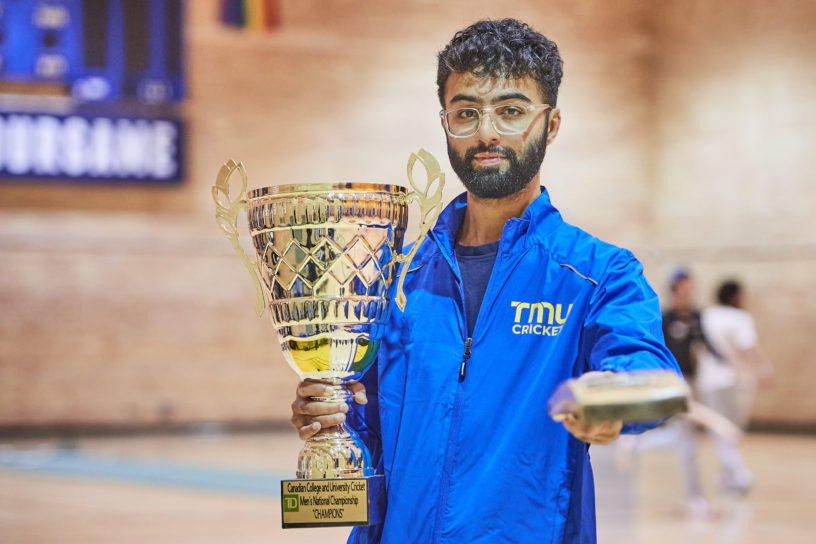

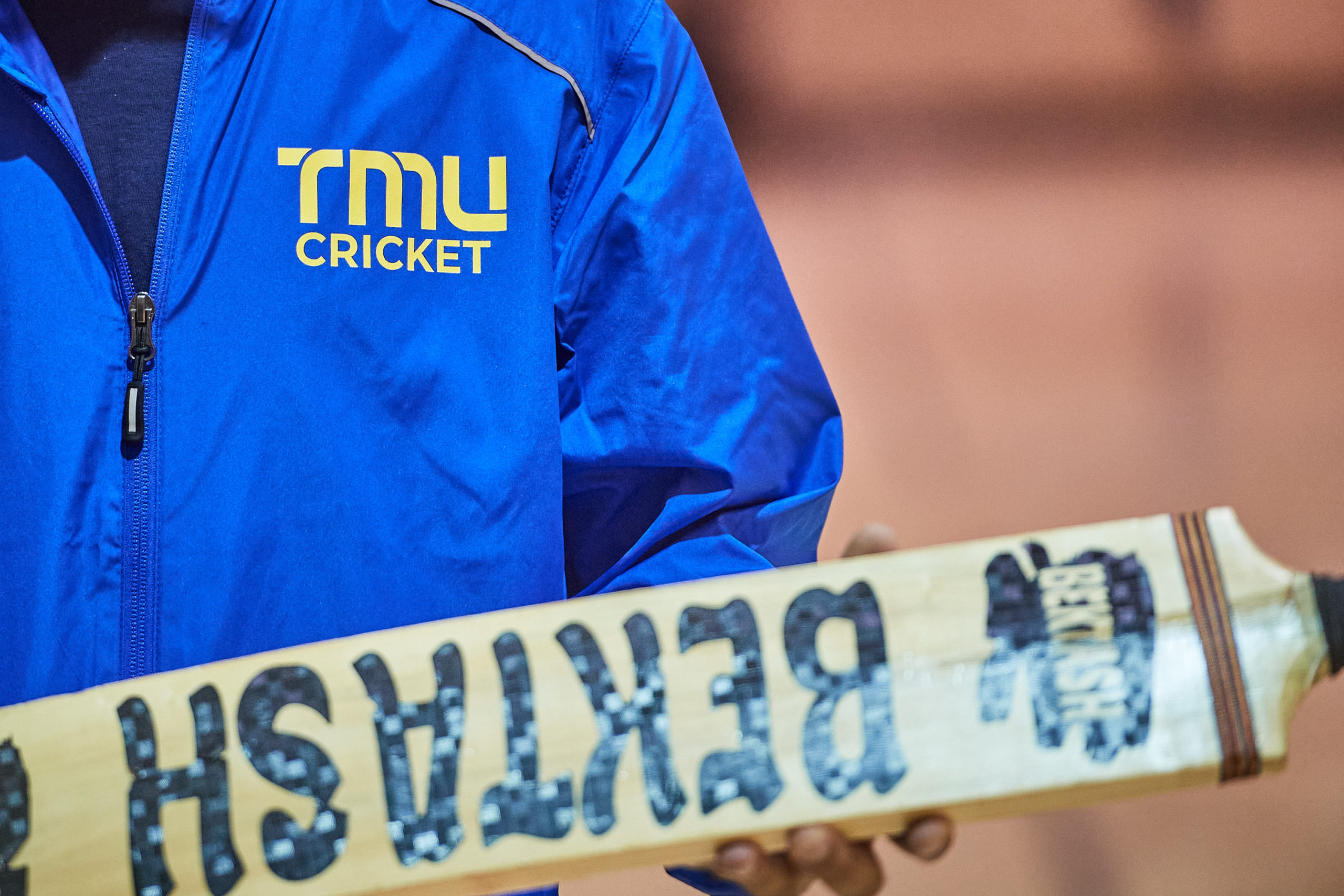
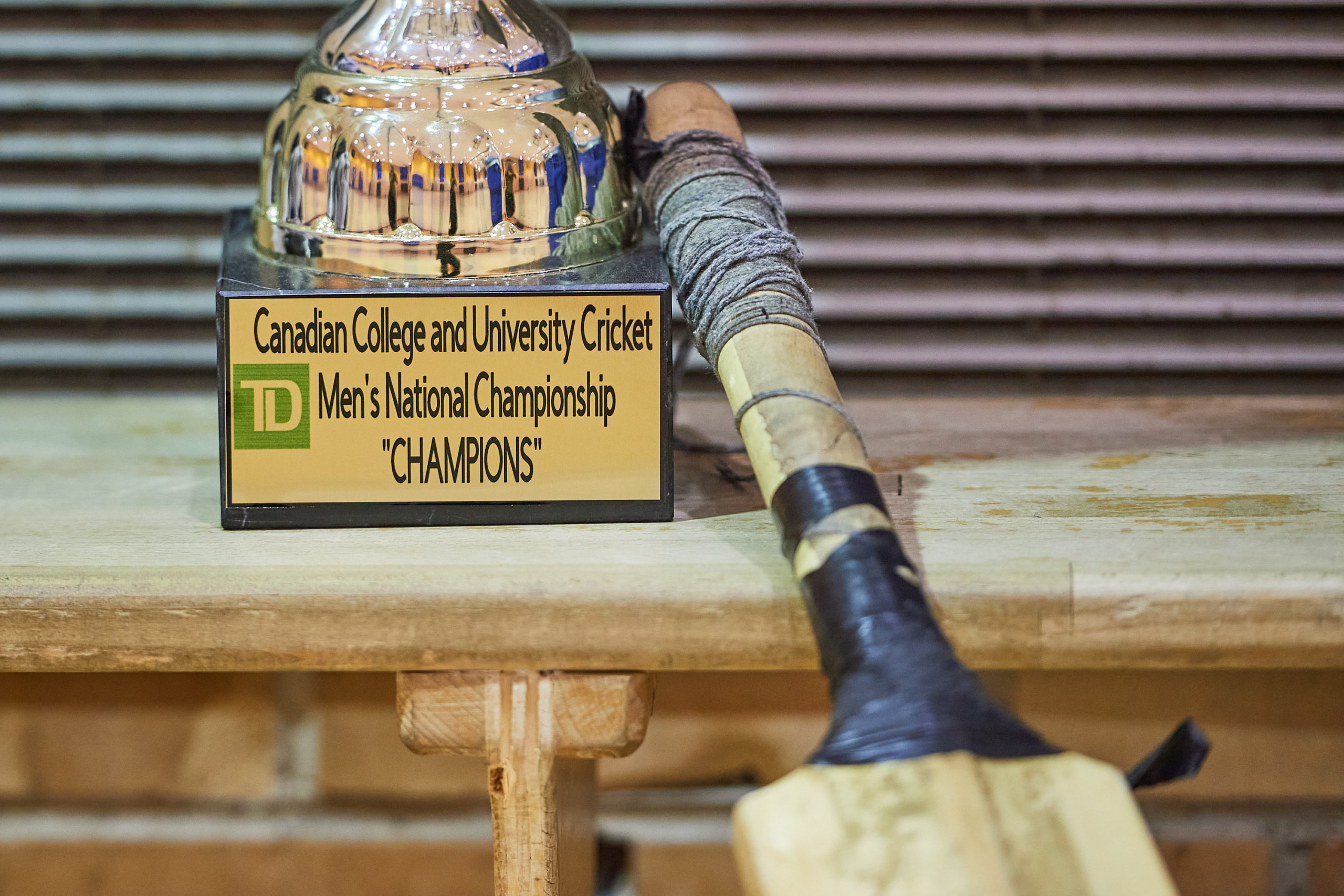
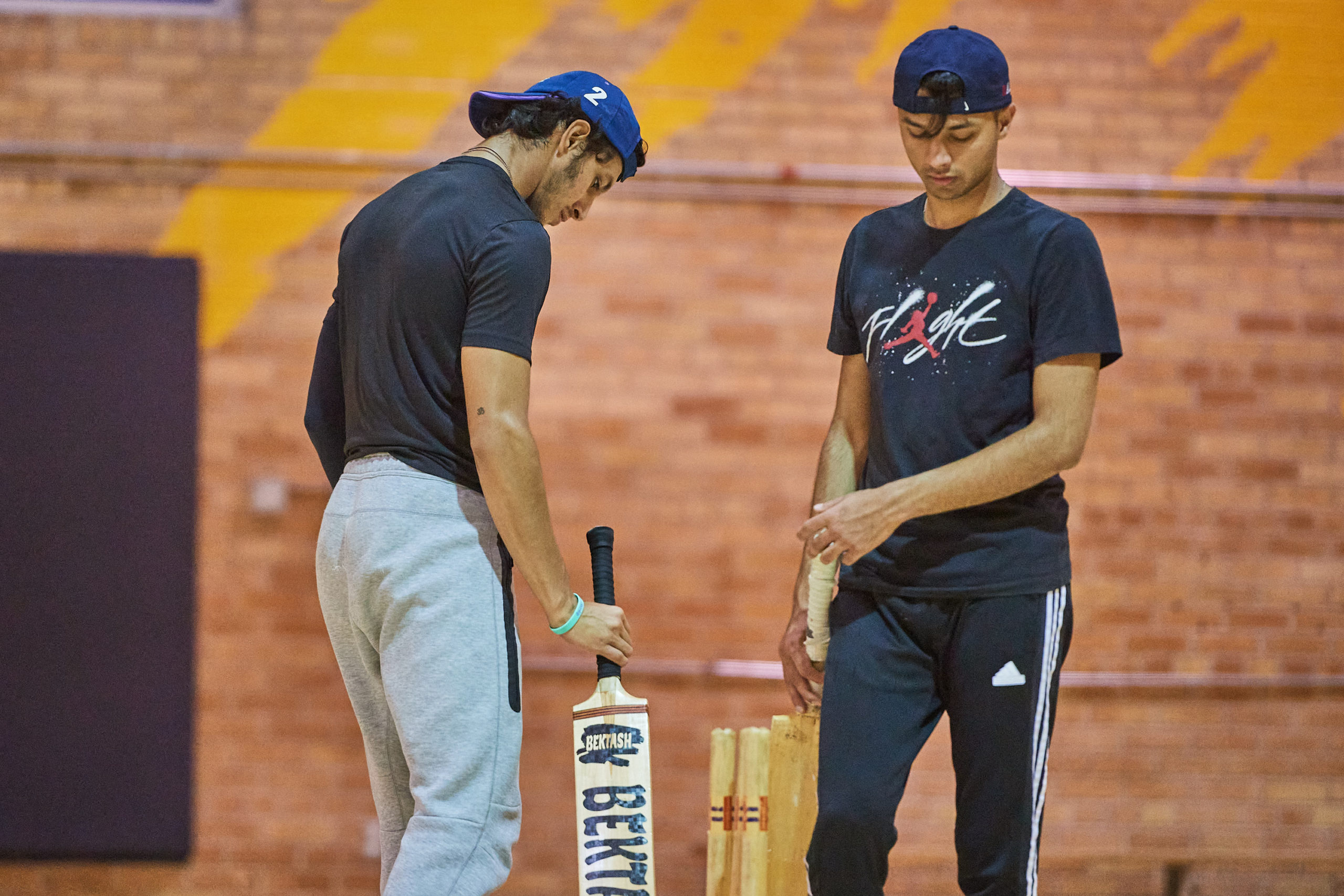

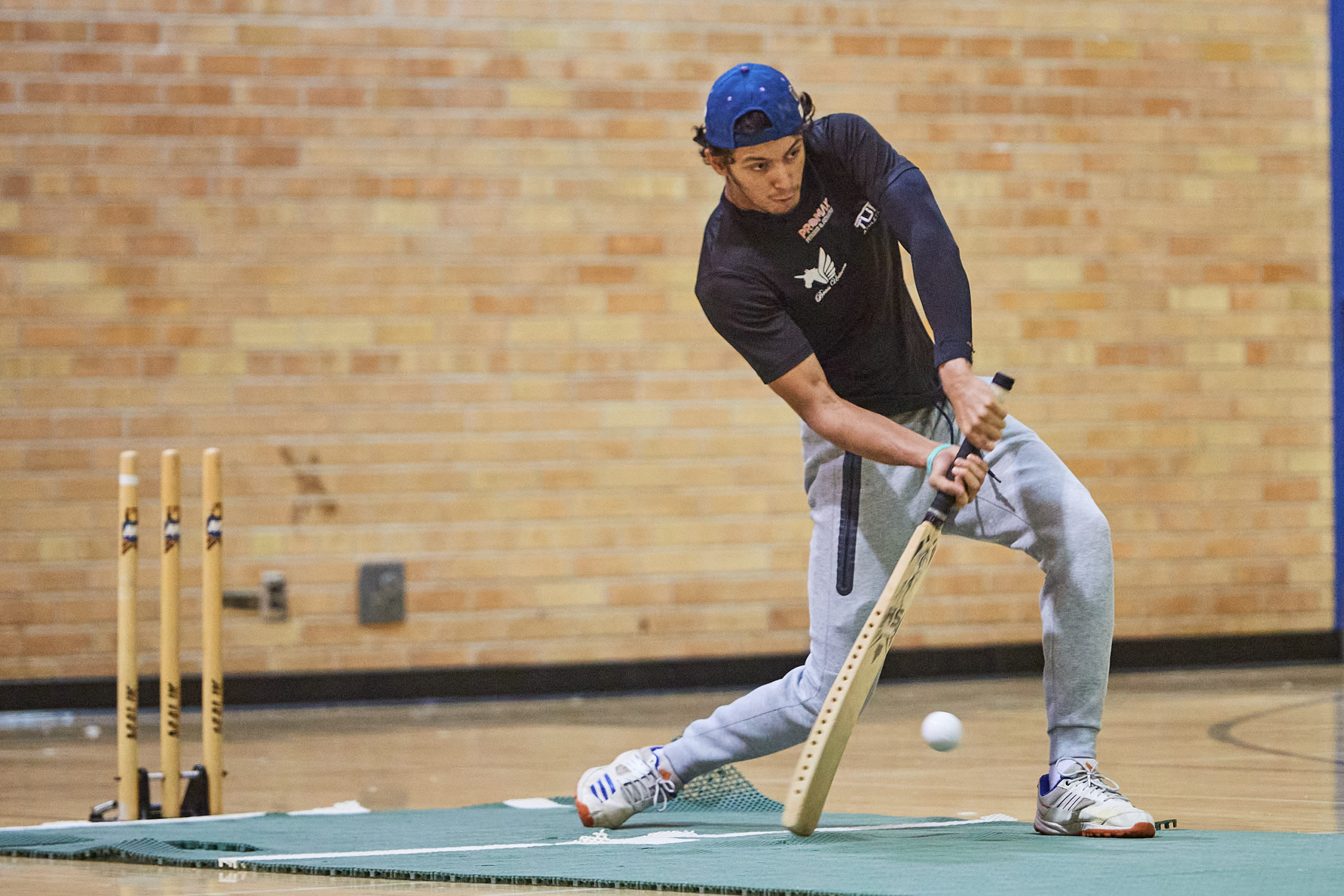
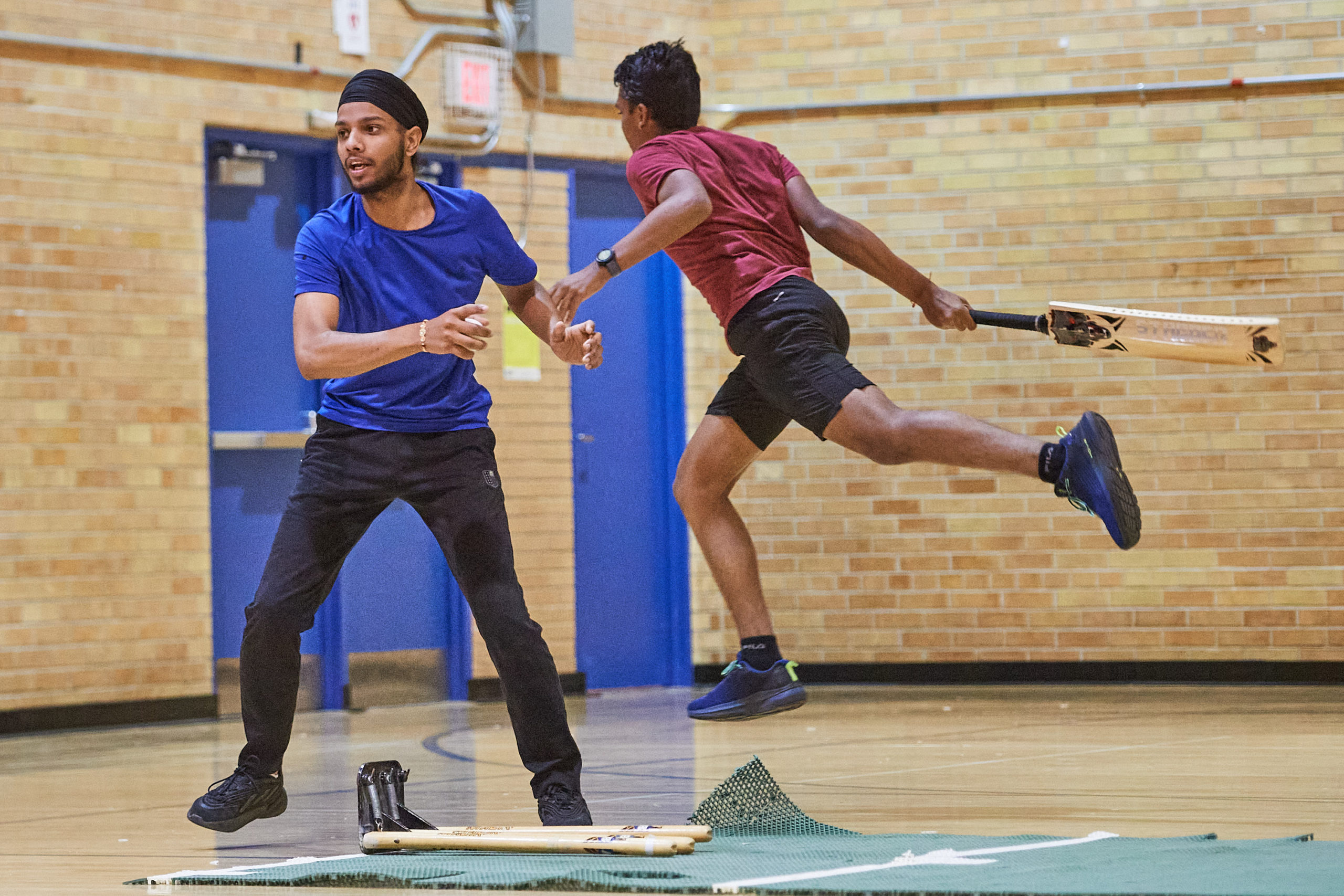
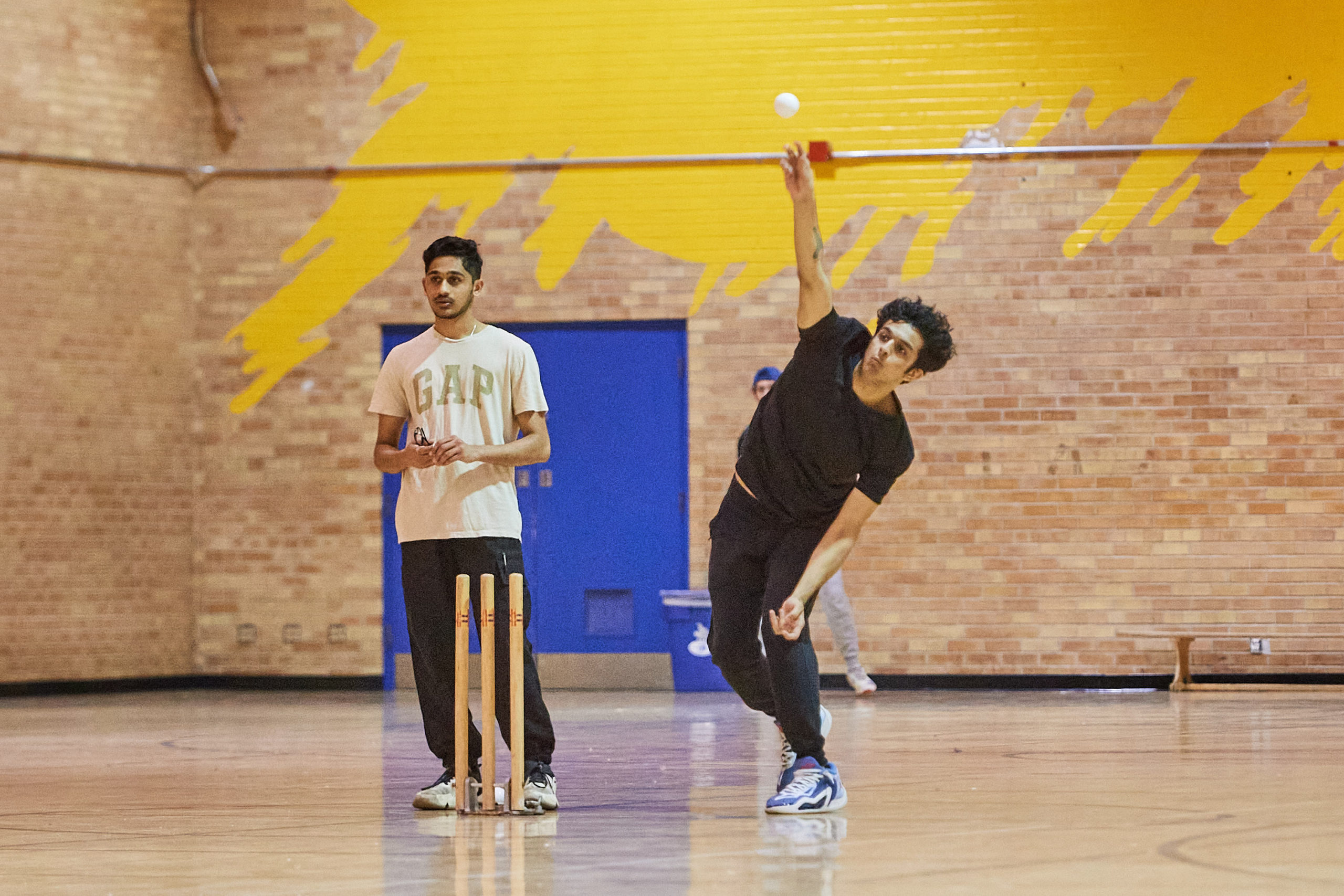
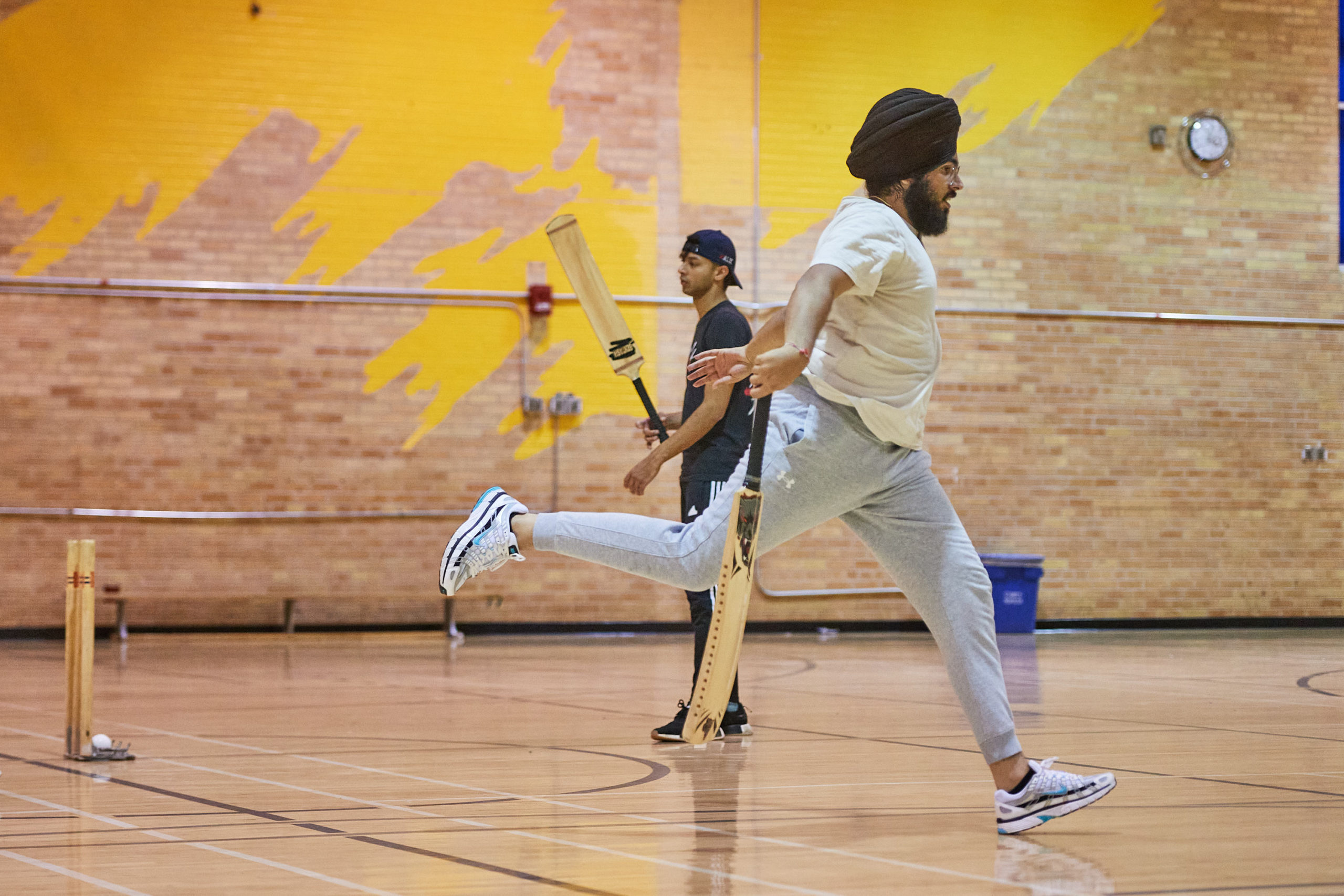
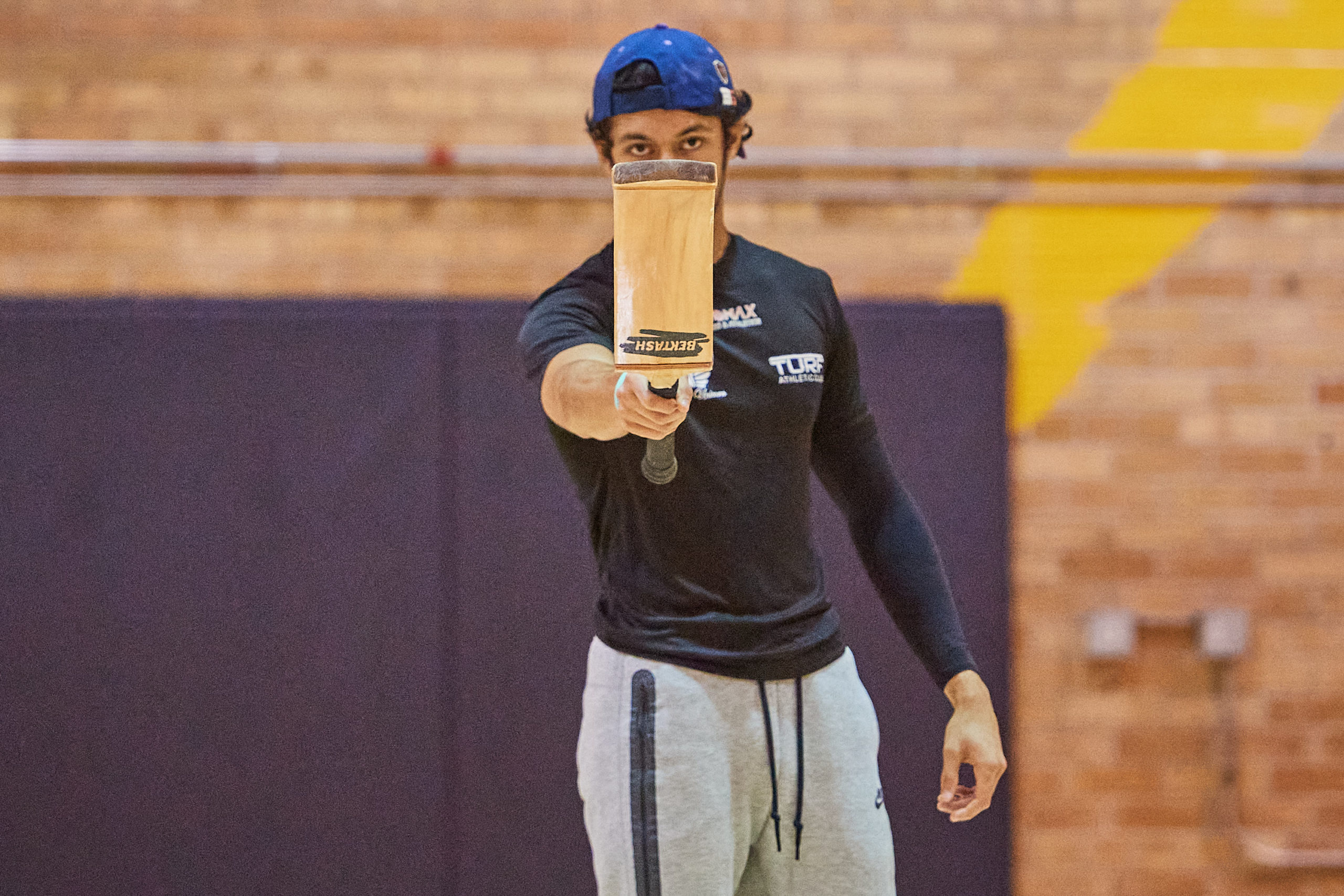
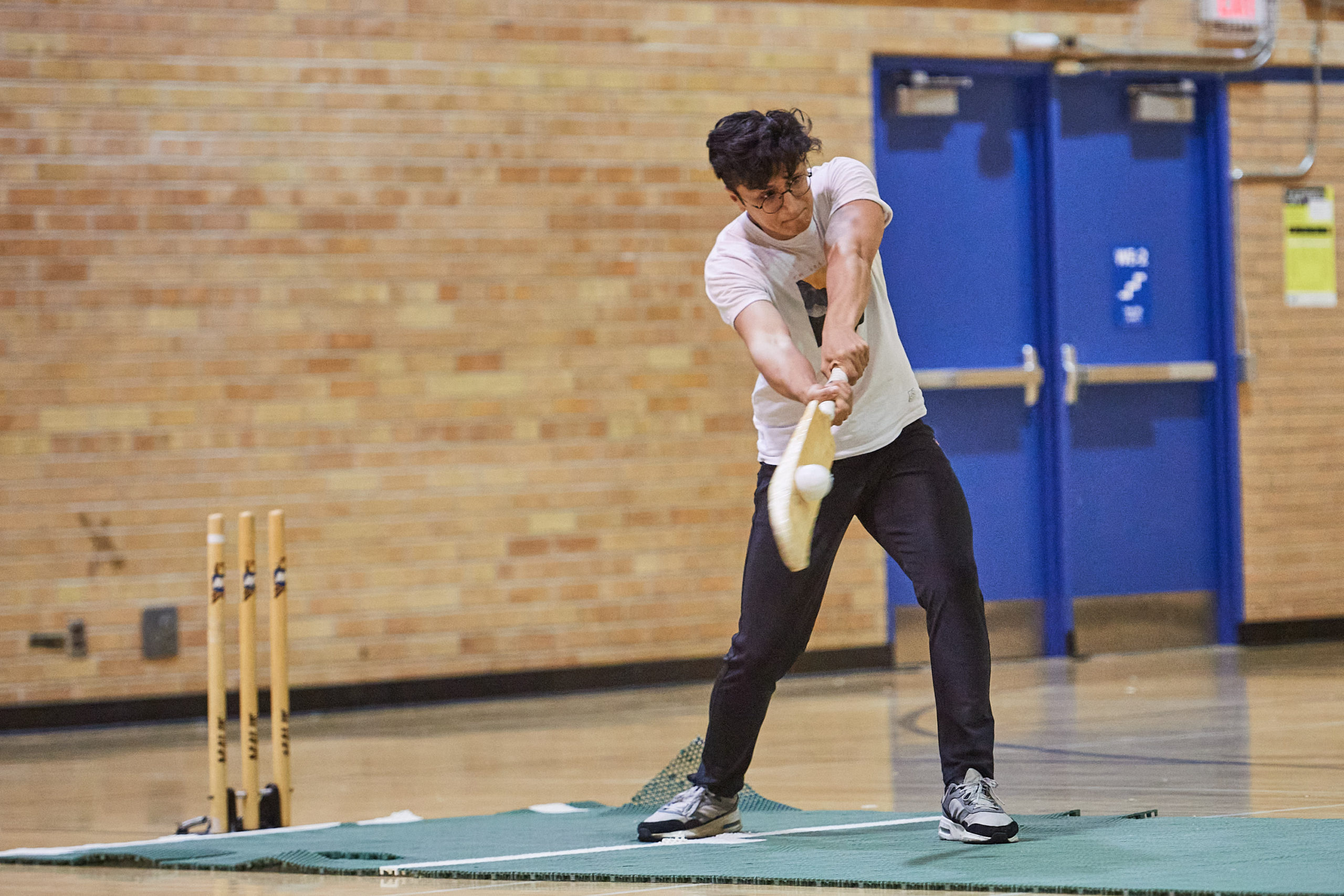
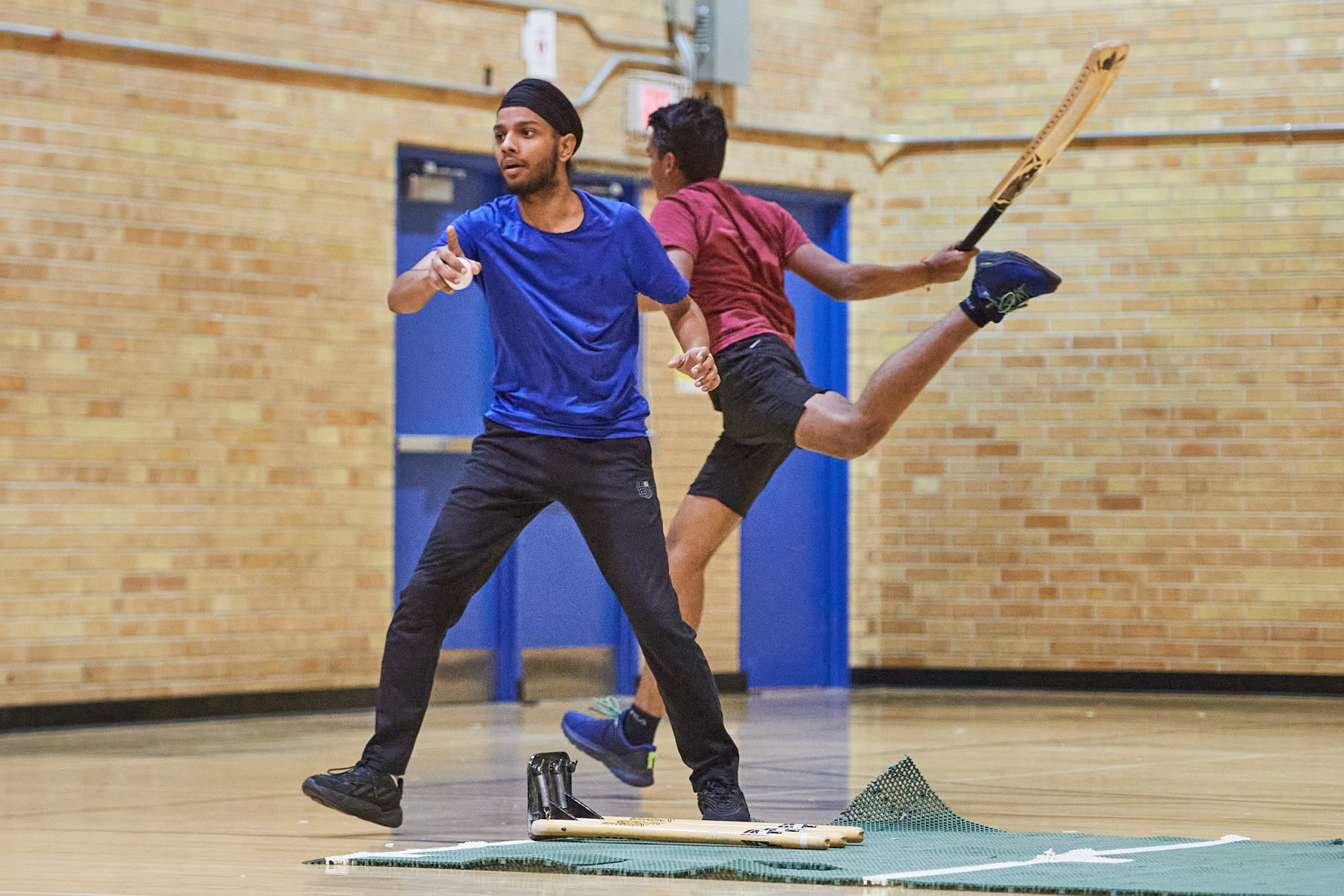






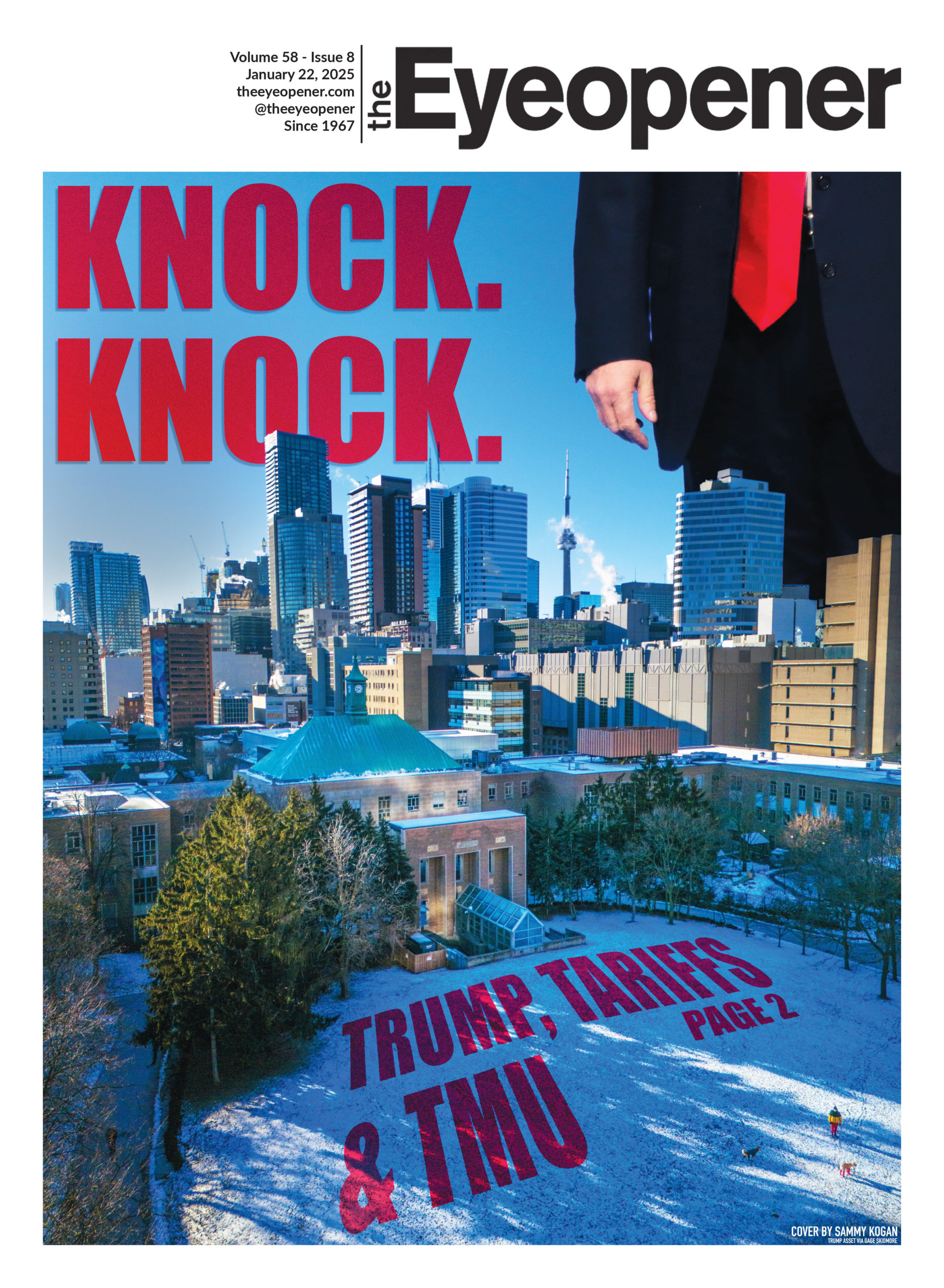


S P
Beautifully penned . Very inspiring